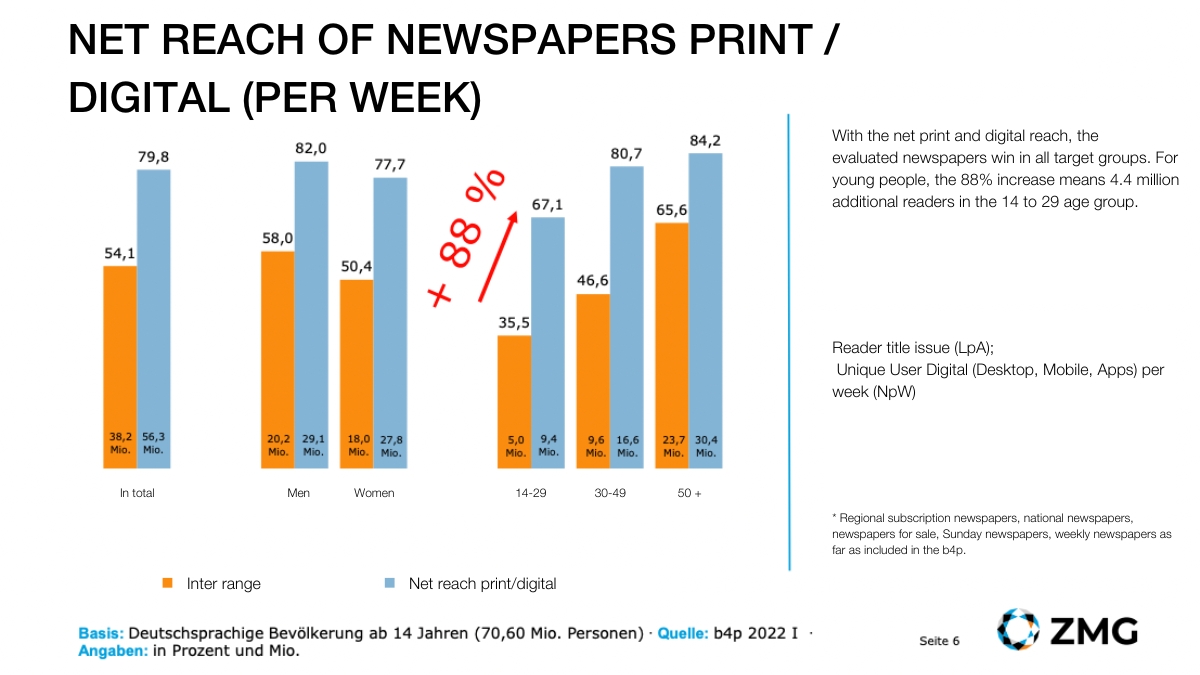ePaper growth in Germany, podcasts declining and AI editors: Twipe’s Weekly News Digest
Welcome to Twipe’s Weekly News Digest. This week, we take a look at stories from across the world of publishing and news tech, touching on topics like ePaper growth in Germany, a declining number of podcast launches, the FT appointing an AI editor and more. Read our top 5 stories of the week below.
1. How German publishers are successfully converting subscribers from print to digital

Germany continues to be a leader in digital news consumption. In their latest report launched last week, BDZV and Schickler revealed that 75% of publishers are pursuing strategies to convert print subscribers to the ePaper whilst 93% of publishers see the importance of ePapers as having grown compared to previous years. We dove into the numbers and some standout cases of what the ePaper continues to grow in Germany, and provide some practical tips to take to your market.
Read the full article on our Future of News blog here.
2. Google released ChatGPT competitor Bard
Following all the recent hype surrounding ChatGPT and generative AI, Google have chosen to jump on the hype launching their own competitor Bard. Bard has been trained on the LaMDA language model and currently only remains open to a group of trusted testers ahead of a release to the wider public in the coming weeks. According to Google‘s tech blog “Bard seeks to combine the breadth of the world’s knowledge with the power, intelligence and creativity of our large language models“.
Find out more on Google‘s tech blog here.
3. Podcasts in pivotal moment as number of new shows drops by 80%
72% of publishers will be putting more resources into podcasts and digital audio in 2023 as they seek to broaden their product range. This number is down 8% from 2022 and appears to follow a trend of a drop in new shows identified by Chartr. According to Vanessa Thorpe in The Observer, 219,000 podcasts were launched in 2022 which represents a decline of 80% compared with 2021 and 2020.
Learn more from Vanessa Thorpe in The Observer here.
4. EU calls out Twitter for incomplete disinformation report
The EU, like many governments across the world, are making moves to combat the spread of online disinformation and introduced a Voluntary Code of Practice on Disinformation in 2022. Many big tech platforms signed up to the code and filed their first “baseline” reports last month to demonstrate the measures they have taken and progress made. According to the EU, whilst companies like Google, Microsoft and even TikTok and Meta submitted reports which show a “strong commitment to the reporting”, Twitter failed to provide a quality report instead turning in a document with “little specific information and no targeted data”. Following the dissolution of its Trust and Safety Council and ending its policy against COVID-19 misinformation, there are concerns about the actions undertaken by Twitter to stop misinformation.
Learn more from Kelvin Chan on AP here.
5. The FT appoints its first Artificial Intelligence Editor
A real sign of the times, The Financial Times have announced the appointment of Madhumita Murgia as their first ever AI Editor. The appointment shows a mainstream recognition of the real power and potential of AI for industries across the world. In the role, Murgia will lead the FT‘s coverage of AI stories on the business, companies, policy and science behind AI. This is a big move for a legacy publisher and it’ll be interesting to see if others follow suit.
Read the full press release on the FT here.
Other Blog Posts

Stay on top of the game
Join our community of industry leaders. Get insights, best practices, case studies, and access to our events.
"(Required)" indicates required fields

